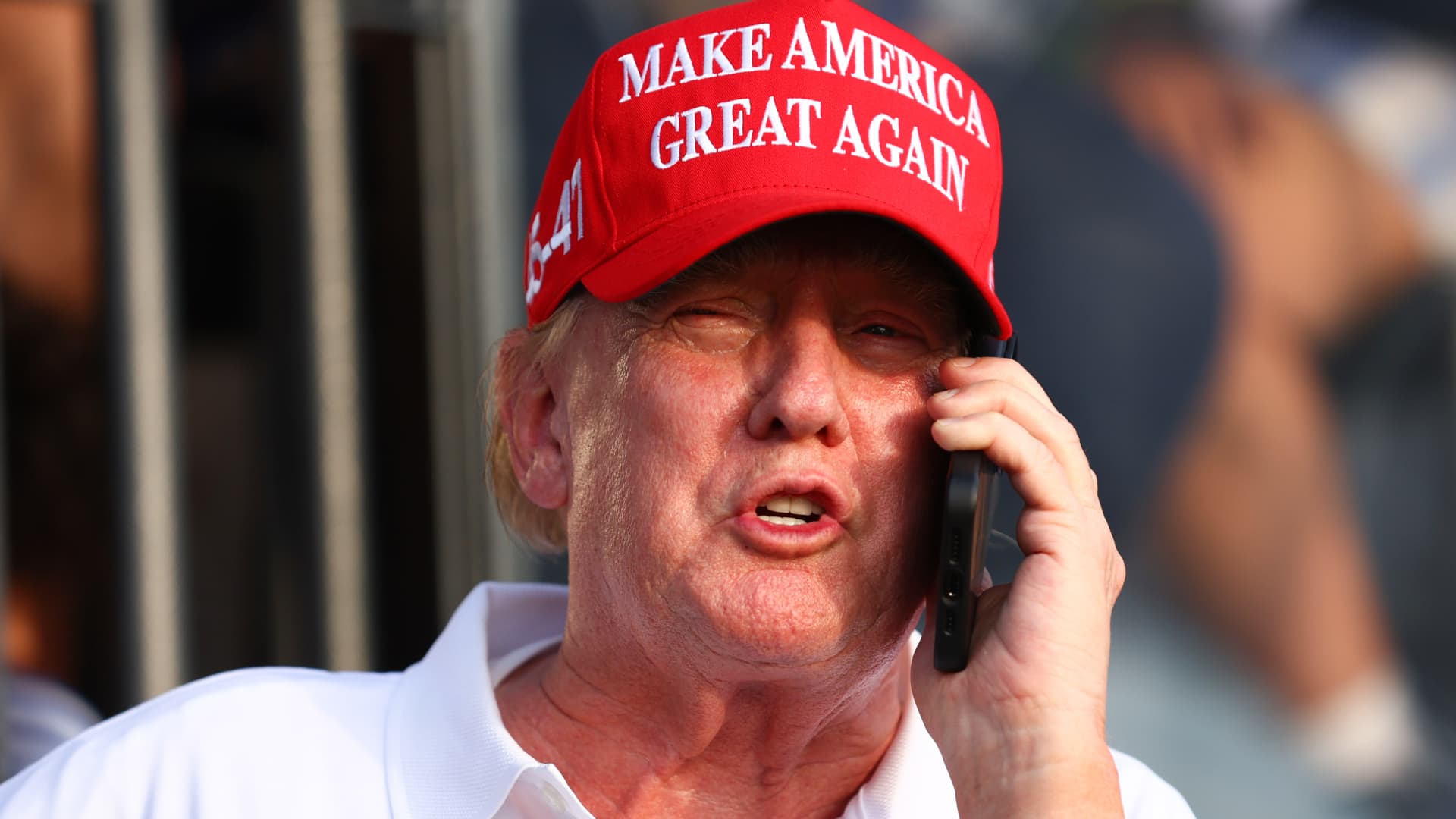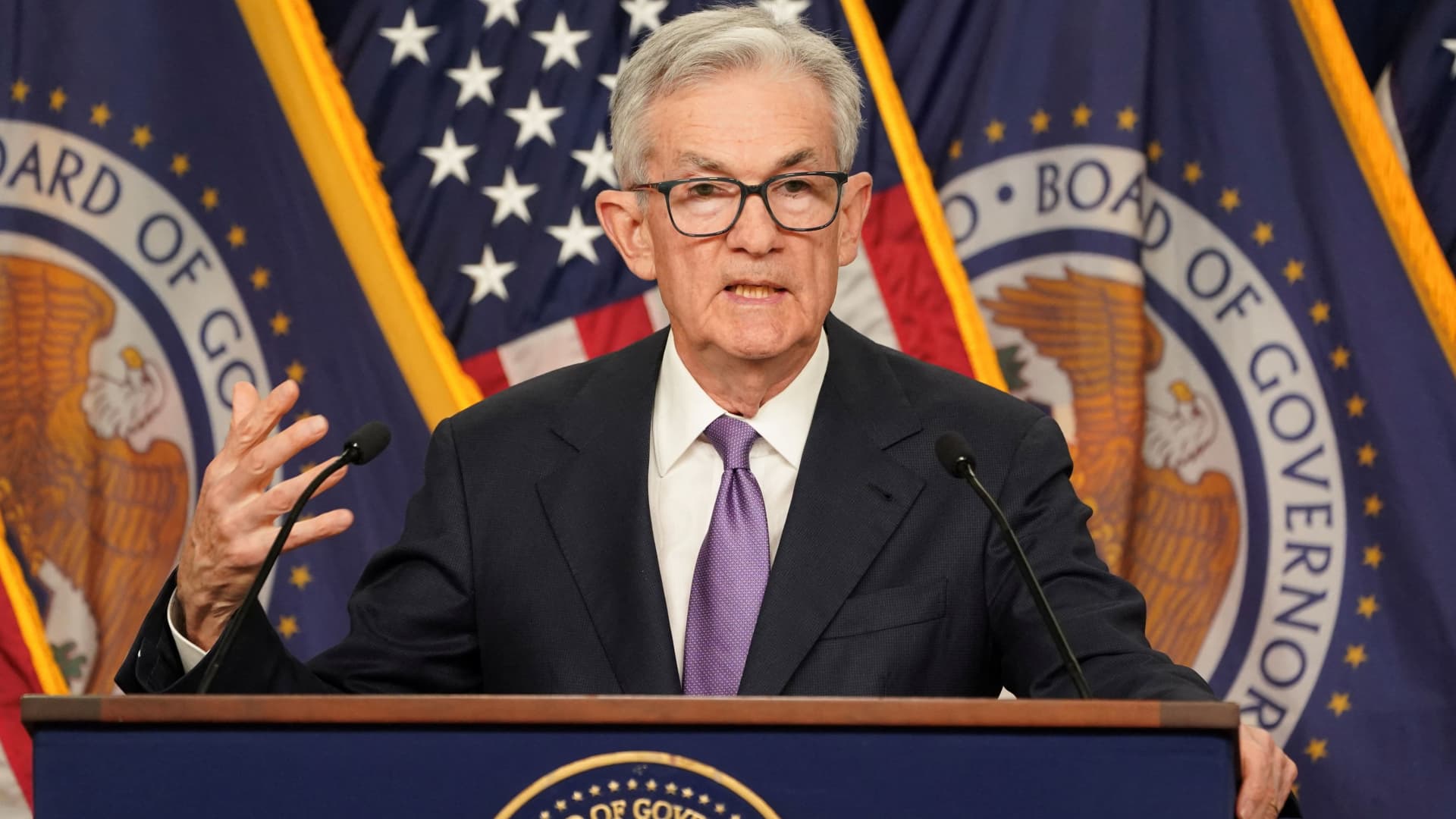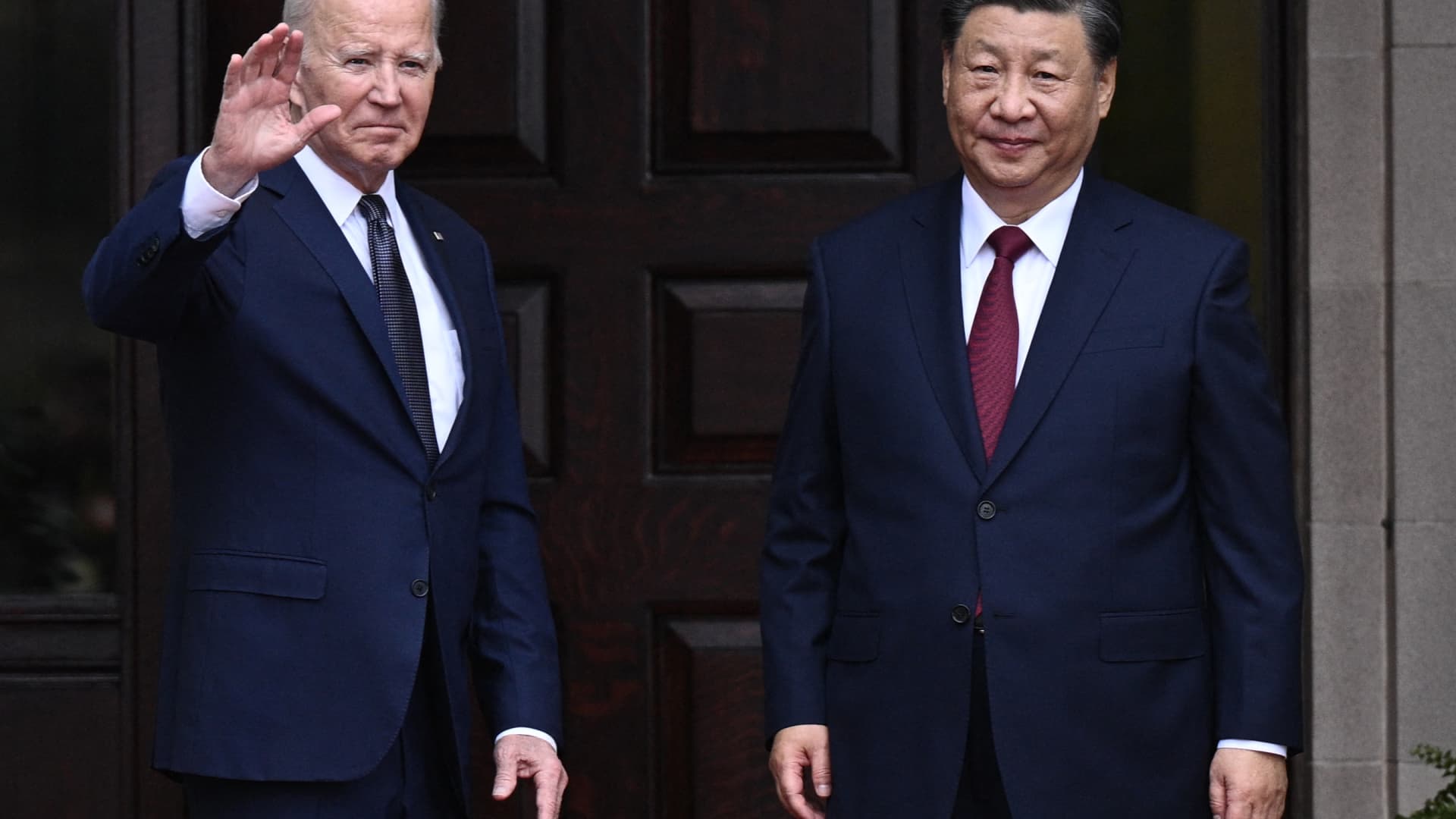
The Supreme Court on Wednesday narrowed the scope of a federal law targeting public corruption, ruling that it does not apply to gifts and payments intended to reward actions by state and local officials.
The 6-3 ruling, which was split along ideological lines, was the latest in a series of decisions cutting federal anti-corruption laws.
Justice Brett M. Kavanaugh, writing for a conservative majority, said the case was about whether federal law made it a crime for state and local officials to accept such tips after the fact. He wrote: “The answer is no.”
Federal prosecutors’ interpretation of the law creates traps for officials and leaves them to guess what gifts are allowed, he added. If they make a false assumption, it was said, the officers could face up to a decade in prison.
The decision reflected a strong division on the court, with Justice Ketanji Brown Jackson and Justices Elena Kagan and Sonia Sotomayor dissenting. While the conservative wing claimed that the ruling gave state and local governments discretion and shielded officials from guessing whether their conduct crossed a criminal line, liberals said the decision was another departure from a protective law from bribery.
“Public officials who use their public offices for private gain endanger the integrity of our most important institutions,” Judge Jackson wrote. “Greed makes governments – at all levels – less responsive, less efficient and less trustworthy from the perspective of the communities they serve.”
In an apparent swipe at the court’s conservative bloc, Judge Jackson added that the defendant in the case had offered an “absurd and textless interpretation of the law” that “could only please today’s court.”
The decision came as the court faces increasing scrutiny of its ethics practices. After months of revelations by ProPublica and others that Justice Clarence Thomas had failed to disclose luxury trips and gifts from Texas billionaire and conservative donor Harlan Crow, as well as revelations about other justices, the court adopted a code of ethics, the first in its history.
The case before the Court, Snyder v. United States, No. 23-108, involved James Snyder, a former mayor of Portage, Indiana, a city of about 38,000 near Lake Michigan. In 2013, when Mr. Snyder was mayor, the city awarded two contracts to a garbage truck company, Great Lakes Peterbilt. Portage purchased five garbage trucks for about $1.1 million.
In 2014, after the trial concluded, the company wrote Mr. Snyder a check for $13,000 for what he later said were consulting services.
The FBI and federal prosecutors said the bidding process was rigged to ensure the company would prevail. Investigators said the money was a gratuity for the garbage truck contracts, but Mr. Snyder said it was payment for his consulting services as a contractor for Peterbilt.
A jury convicted Mr. Snyder of accepting an illegal tip, and a federal judge sentenced him to more than a year in prison. On appeal, Mr. Snyder argued that federal law only criminalizes bribes, not subsequent benefits. A federal appeals court upheld his conviction and Mr. Snyder asked the Supreme Court to review the case.
The majority explained that the law typically distinguishes between bribes – payments made or agreed to before a government action to influence the outcome – and tips – payments made after a government action to reward or thank the official.
Although bribes are viewed as inherently corrupt, the majority notes that federal, state, and local governments have treated tips more differently.
In its reasoning, the conservative majority said it relied on, among other things, legislative history and language to determine that federal law focuses on bribes, not gratuities.
Judge Kavanaugh wrote that such gifts to public officials are often already regulated by state and local governments. Federal law, he wrote, “does not supplement these state and local regulations by subjecting 19 million state and local officials to up to 10 years in federal prison for accepting even everyday tips.”
Rather, he wrote that the law “leaves it to state and local governments to regulate tips paid to state and local officials.”
Upholding the prosecution’s interpretation of the law “would significantly violate the fundamental principles of federalism,” Judge Kavanaugh wrote.
Federal law, he added, lacks clear guidelines for local officials to follow, leaving them to decide for themselves what actions might constitute a violation.
He gave examples and pointed to the origins of the case in Indiana.
“Could students take their college professor to a graduation party at Chipotle?” he wrote. “And if so, would it be somehow criminal to invite the professor to dinner with steak?” Or to give her a Hoosiers game?”
While “American law generally treats bribes as inherently corrupt and unlawful,” Judge Kavanaugh wrote, tips are a different matter. Some can be “problematic” while others are “common and possibly harmless.”
He listed examples. A family tips their mailman. Parents send a gift basket at the end of the school year to thank their child’s teacher. A college dean presents a sweatshirt to a city council member who speaks at an event.
These examples, he wrote, suggest that “post-official gratuities are not the same as pre-official bribes,” adding that bribes, unlike gratuities, can corrupt the official act – meaning the official commits the act for private benefit. not for the common good.”
In a concurring opinion, Justice Neil M. Gorsuch wrote that the decision reflected a centuries-old understanding that if “any fair-minded reader of this law would have reasonable doubt” about whether the law applied to the defendant’s actions, the court must act on the Stand on the side of the person accused of the crime.
The court has interpreted anti-corruption laws narrowly in recent years.
Last year, two convictions for bid-rigging fraud and illegal payments were overturned during the administration of Gov. Andrew M. Cuomo, a New York Democrat.
In 2020, the court unanimously overturned the convictions of two defendants in the so-called Bridgegate scandal, in which associates of Chris Christie, a Republican and New Jersey governor, closed the access roads to the George Washington Bridge in 2013 to punish one of his political opponent. The court ruled that this was an abuse of power, but not a federal crime.
Likewise, in 2016, the court unanimously overturned the conviction of Bob McDonnell, a former Virginia governor. Mr. McDonnell, a Republican, had accepted luxury products, loans and vacations from a business executive.
Source link
2024-06-26 20:50:20
www.nytimes.com













